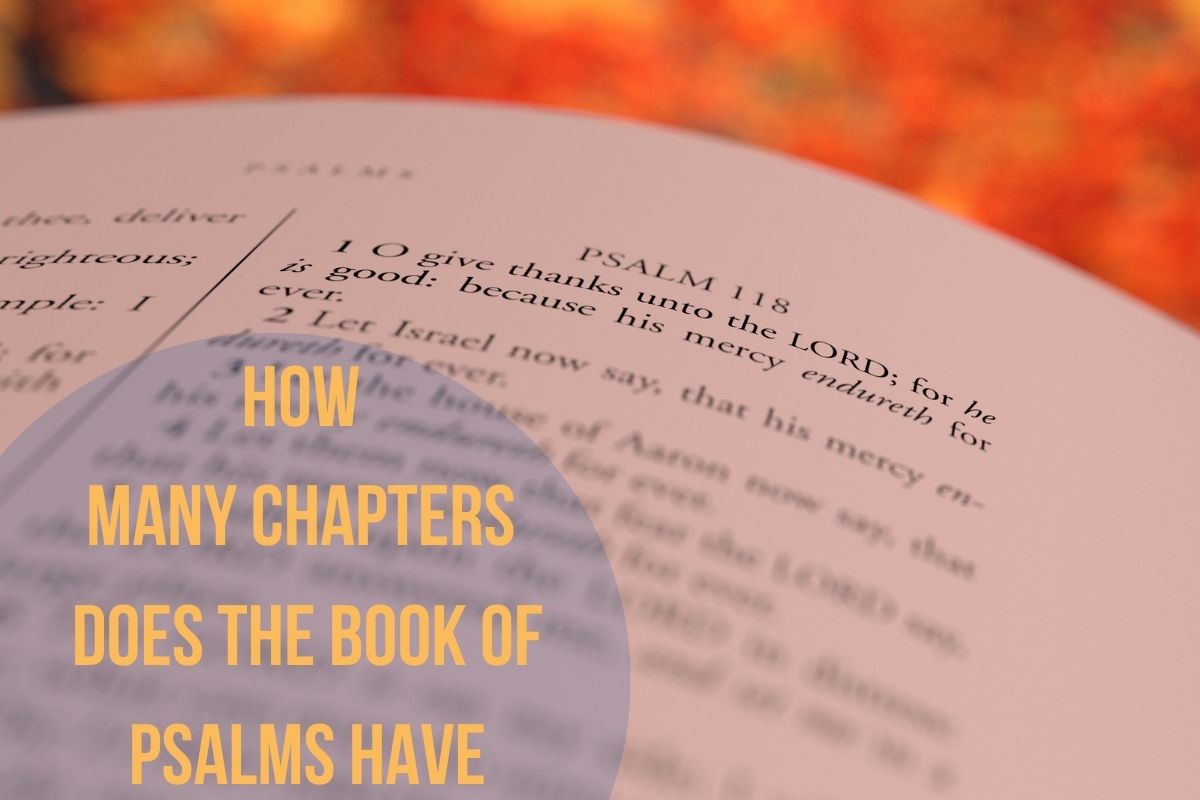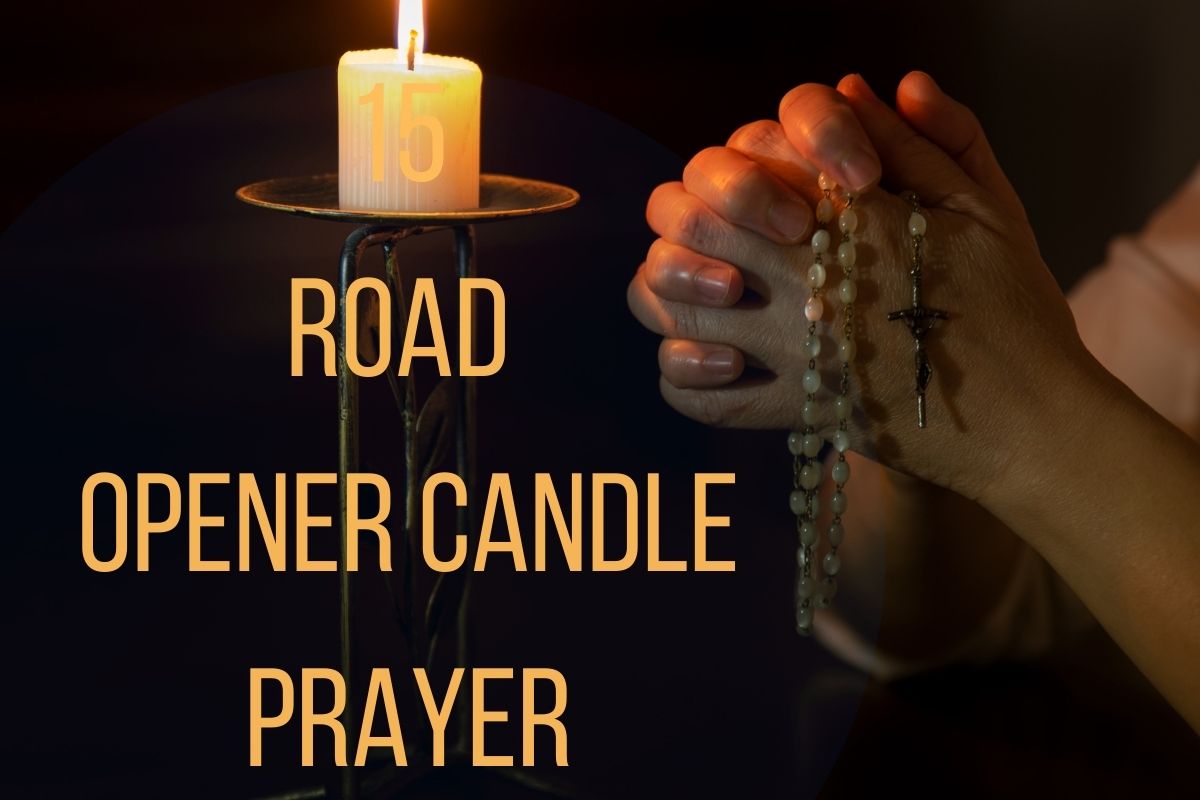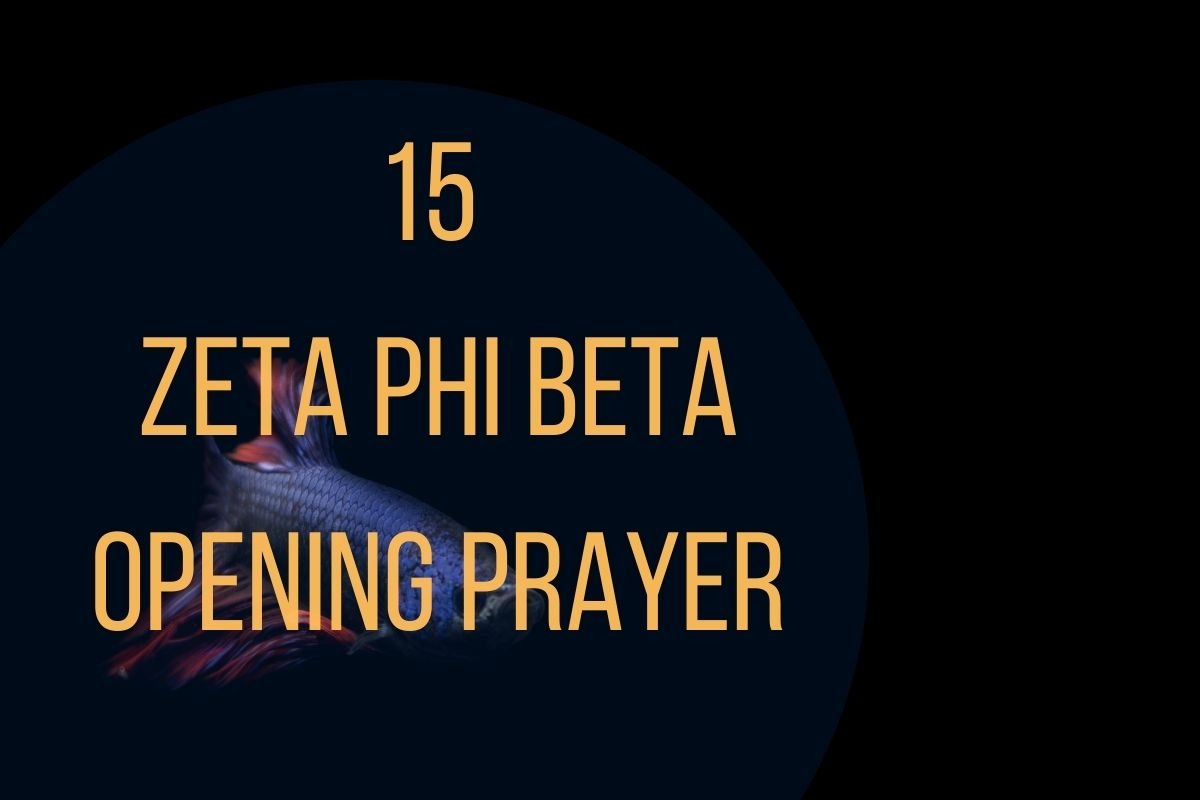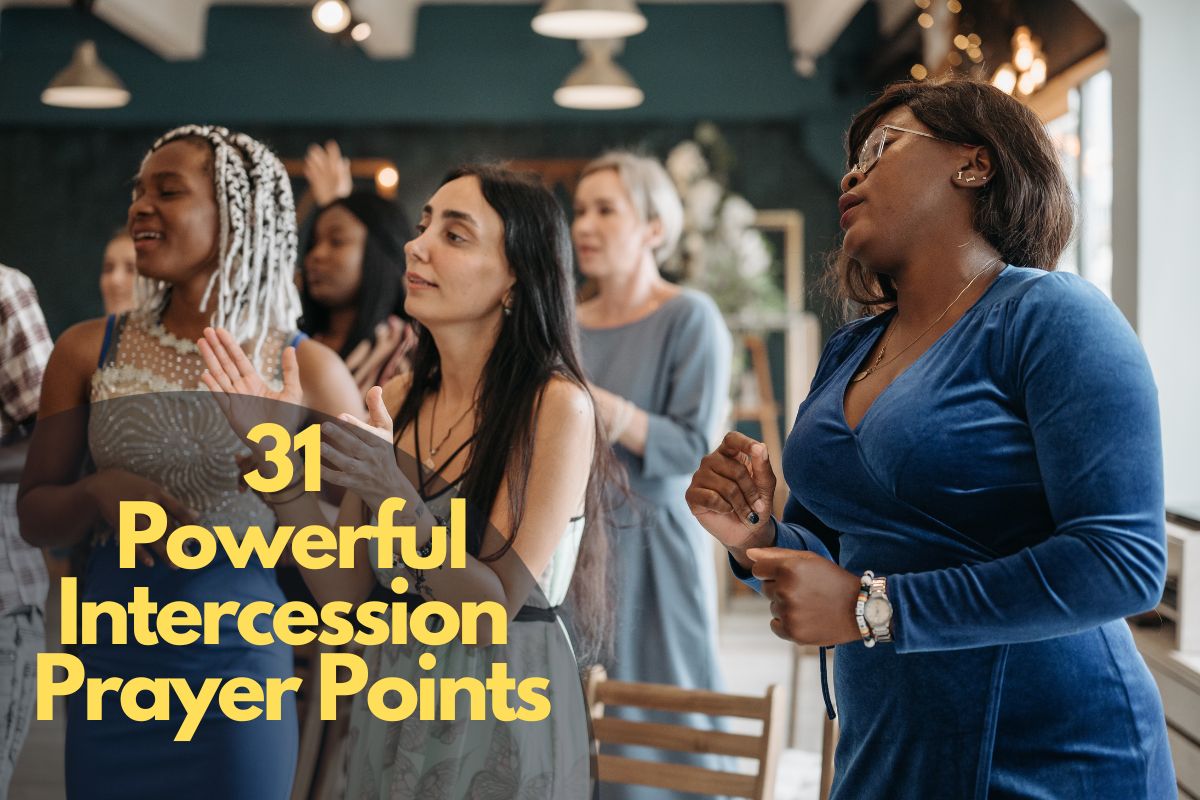The Book of Psalms is a significant part of the Hebrew Bible and holds great importance in both Jewish and Christian traditions.
It is a collection of religious poems and songs that have been used for worship, reflection, and meditation for centuries. In this article, we will explore the How Many Chapters Does The Book Of Psalms Have and delve into its various aspects.
Overview of the Book of Psalms: How Many Chapters Does The Book Of Psalms Have
The Book of Psalms, also known as the Psalter, is a compilation of 150 individual psalms. These psalms are attributed to various authors, including King David, Asaph, and the sons of Korah. The book is divided into five sections, each ending with a doxology or a hymn of praise.
Historical Background
The Book of Psalms has a rich historical background. It was likely compiled over several centuries, with some psalms dating back to the time of David, while others were composed during the Babylonian exile. The psalms reflect the experiences, emotions, and faith of the Israelite people throughout their history.
Authorship and Composition
While many psalms are attributed to King David, it is important to note that the authorship of the psalms is not limited to him alone. Other authors, such as Asaph and the sons of Korah, also contributed to the collection. The psalms were composed in various literary forms, including hymns, laments, thanksgiving psalms, and wisdom psalms.
Structure of the Book
The Book of Psalms is organized into five sections, each known as a book. These sections are:
- Book 1: Psalms 1-41
- Book 2: Psalms 42-72
- Book 3: Psalms 73-89
- Book 4: Psalms 90-106
- Book 5: Psalms 107-150
Each section has its themes and characteristics, but they all contribute to the overall message and purpose of the Book of Psalms.
Number of Chapters
The Book of Psalms consists of 150 chapters in total. These chapters are not numbered in the original Hebrew text but were added later for convenience. Each chapter contains one or more psalms, with some chapters containing multiple shorter psalms.
Content and Themes
The psalms cover a wide range of topics and emotions. They express praise and thanksgiving to God, lament and sorrow in times of trouble, and wisdom and guidance for righteous living. The themes of the Psalms include God’s faithfulness, justice, mercy, and the longing for His presence.
Importance and Significance
The Book of Psalms holds immense importance and significance in religious and spiritual practices. It serves as a source of inspiration, comfort, and guidance for individuals and communities. The psalms have been used in worship services, personal devotions, and liturgical traditions throughout history.
Interpretation and Meaning
Interpreting the Psalms requires an understanding of their historical and cultural context. They can be read as individual poems or as part of a larger narrative. The Psalms often use metaphorical language and imagery to convey deeper meanings and spiritual truths.
Influence on Literature and Worship
The Book of Psalms has had a profound influence on literature, music, and worship. Its poetic nature has inspired countless poets, songwriters, and composers. Many hymns and songs are based on the psalms, and their words continue to resonate with believers around the world.
Notable Psalms
While all the psalms are significant, some have gained particular prominence. These include Psalm 23, known as the Shepherd’s Psalm, which speaks of God’s care and provision, and Psalm 51, a penitential psalm expressing repentance and seeking forgiveness.
Conclusion
The Book of Psalms is a treasure trove of spiritual wisdom, emotion, and devotion. With its 150 chapters, it offers a diverse collection of prayers, praises, and reflections. Whether used for personal meditation or communal worship, the Psalms continue to inspire and uplift believers across generations.
FAQs
1. Are all the psalms attributed to King David?
No, while many psalms are attributed to King David, others are attributed to different authors, such as Asaph and the sons of Korah.
2. Can the psalms be sung?
Yes, the psalms were originally composed as songs and were meant to be sung. They have been sung in worship settings for centuries.
3. Are the psalms still relevant today?
Absolutely. The Psalms address universal human experiences and emotions, making them relevant for people of all generations.
4. Can the psalms be used for personal devotions?
Yes, many individuals find solace and inspiration in reading and meditating on the Psalms as part of their devotional practices.
5. Are there any particularly well-known psalms?
Yes, some psalms, such as Psalm 23 and Psalm 51, have gained widespread recognition and are often quoted or referenced in various contexts.







